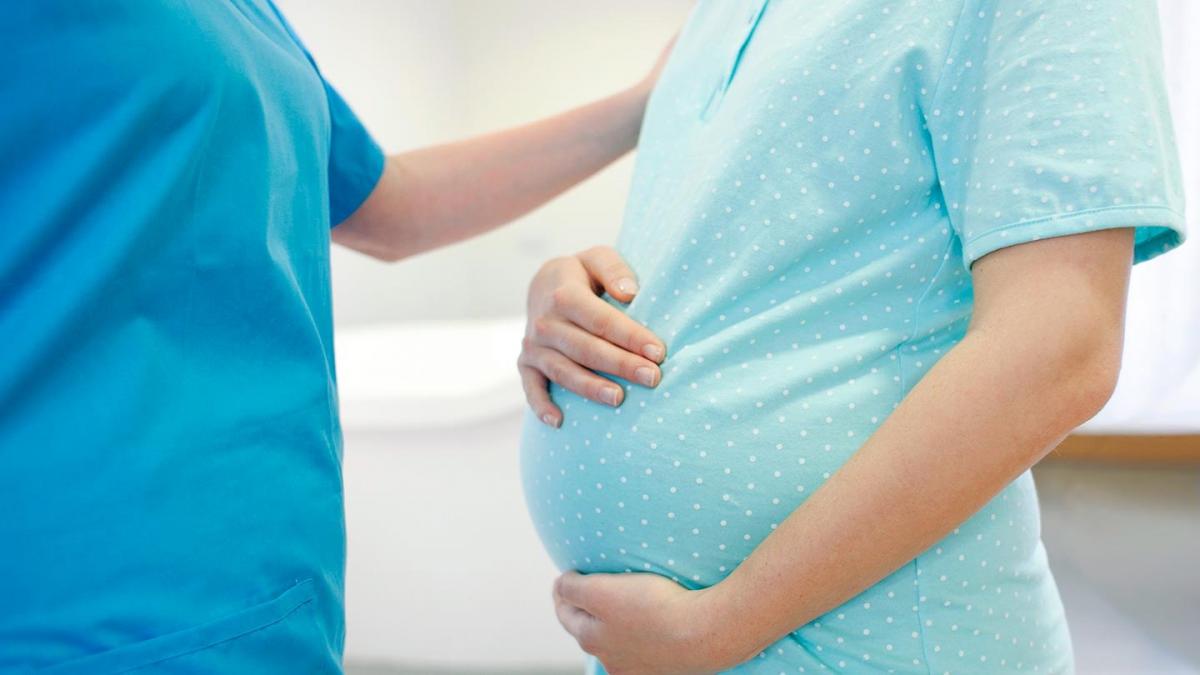Live
- R Sadasivam takes charge as Nayi Brahmin corporation chief
- BRS District-Level Preparatory Meeting Today in Sircilla
- Ghose Commn grills 14 irrigation officials over Medigadda damage
- SCCL to open 7 coal mines in 5 years: Kishan Reddy
- Campaign on elimination of violence against women launched
- Youth Cong demands Adani's arrest
- HC seeks Centre's response on girl's plea to expedite rare disease treatment
- 5 dead, 4 injured in Hardoi road accident
- TTD makes preparation for vaikuntha ekadashi to be held from January 10
- Rajasthan cop succumbs to Dengue on way to hospital









